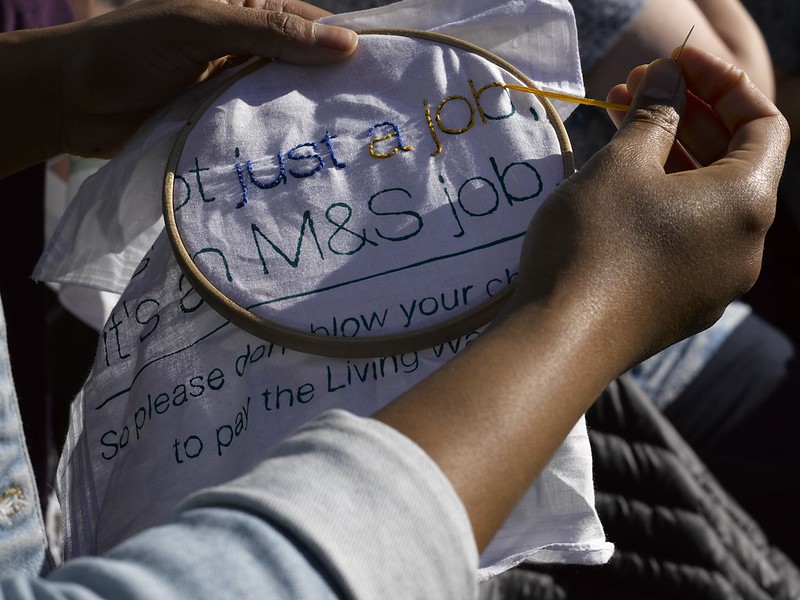This weekend I grew a moustache. It has gotten a lot of attention. The best response so far was, “is that facial hair, or a cry for help?”
The point, from a communications perspective, though, is simple.
When you need to get somebody’s attention, what do you do?
I shaved the rest of my beard off before a squash game because I’d been watching a film about a legendary player. Jonah Barrington, who authored a toxic book called Murder on the Squash Court. He used the facial hair to announce his ha-ha-murderous intent on court before winning a match. It attracted millions of new players and liberated the game from its stuffy historic confines. Then, of course, there’s Freddie Mercury, who could do no wrong. I beat a personal injury lawyer three games to nothing after adopting Mr. Barrington—what I’m going to call the moustache—so I figured I would keep him around. And he’s brought people so much joy over the last couple of days.
Sporting a clownish moustache isn’t always the best way to get attention, of course. There are press releases, issue briefs, white papers, reports, blogs, panel discussions, short films, Twitter threads, LinkedIn groups and so many other ways to get attention that are more formal and more often accepted by decision makers with power. They’re also less inclined to expose you to ridicule. But being creative and taking the odd calculated risk to get attention is sometimes also a good idea if you’re trying to stimulate a deeper conversation on an issue that may have stalled. Here’s a cool example…
In 2015 we were working at ShareAction in London trying to get the board of a British department store, Marks & Spencer, to pay their workers a living wage. Instead of crafting a petition we worked with the Craftivist Collective. We staged “stitch-ins” outside their stores. People sewed pro-living-wage messages on handkerchiefs. “Don’t blow it,” they said.
El. Oh. El. We got a documentary photographer, Polly Braden, to come along and shoot it.

The board of the company praised the initiative during their annual meeting. Speaking to 500 shareholders, the board chair said: “This campaign was a test case for how these campaigns should be run.” He described it as “an approach that appeals to us all.” “The way you’ve done this is remarkable”, he said. “It’s a campaign that is thoughtfully done and heartfelt. We feel every bit as heartfelt about our employees. It got more conversation than any campaign outside.”

Ironically the company didn’t actually decide to pay its workers a living wage. But you should have seen the press coverage. And there’s a deeper conversation to be had, there. Impressing someone, getting their attention for something clever, doesn’t mean they have to do what you want. Sometimes you might need to sue them instead. Or pass a law. Or you might need a more trusted messenger to step in on your behalf and do the persuasion.
I love the Gandhi quote about change. “First they ignore you, then they laugh at you, then they fight you, then you win.”
Once you’ve got their attention, you’re at least beyond the first step. And there’s a conversation amongst British supermarkets about paying a living wage now. Our action was part of that. Sarah Corbett runs the Craftivist Collective and she did a Ted Talk on the idea, if you’d like to learn more. It was inspiring to work with her on this and I’m grateful for the experience.
Meanwhile, I hope you have a good idea why you want somebody’s attention. If not, I can help you prioritize there, too. But when you’re ready let’s have a chat. I’m always eager to brainstorm creative possibilities even if in the end we show up at a board meeting with a banner and some statistical print-outs to persuade them. Or better yet simply get you elected to chair the board. Or buy the company. Or pass a law to make the company’s business redundant.
The ideation around attention-getting can be fun and it gets you thinking more deeply about your purpose as well as your tactics. Here’s to creative ways of getting more attention.


